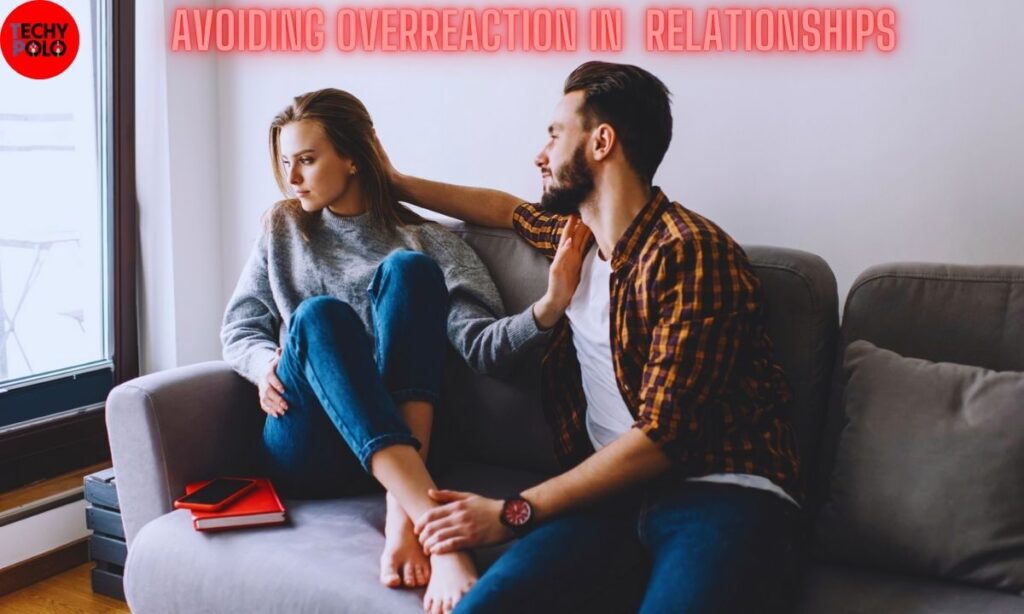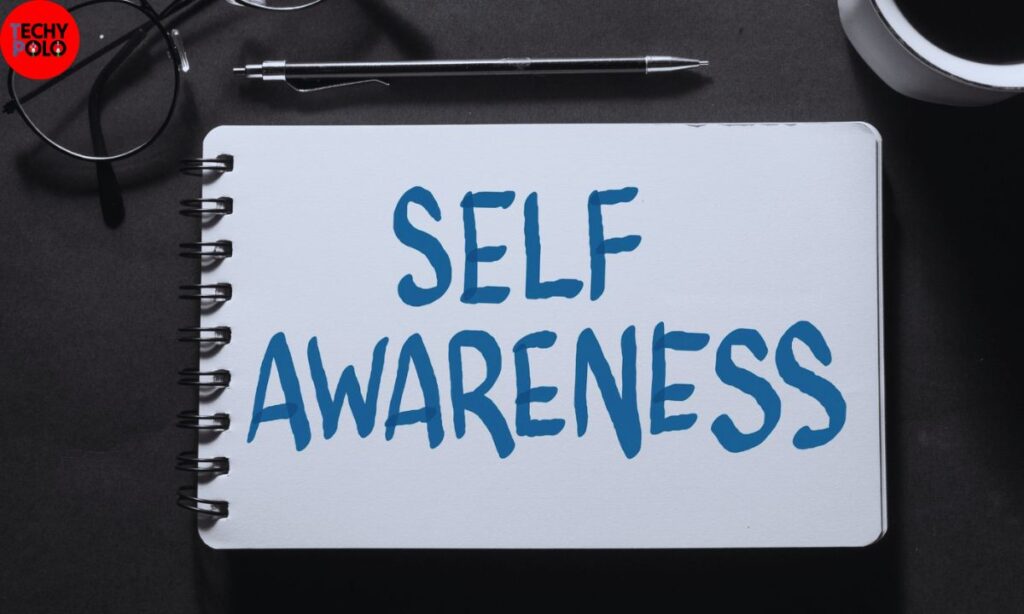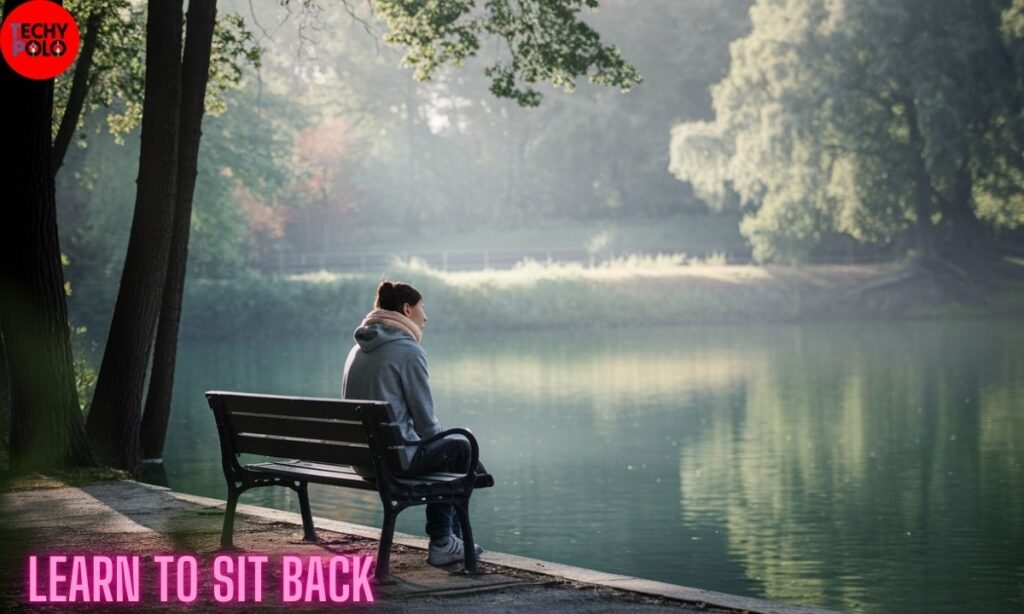In today’s fast-paced world, there’s a pervasive pressure to react quickly. The habit of taking a step back and Observe. situations instead of immediately reacting can be a powerful approach for personal growth and improved decision-making. By choosing observation over impulse, we allow ourselves to gain clarity, manage emotions, and ultimately lead more intentional lives.
The Importance of Mindful Observation
Mindful observation means pausing before responding, allowing us to see situations with greater clarity and depth. This practice involves intentionally observing events without judgment and taking time to understand them fully.
Mindful observation can prevent impulsive reactions that might otherwise escalate conflicts or create stress. It helps us see hidden details, recognize patterns, and respond with thoughtfulness, adding depth to our interactions and clarity to our decisions.
Slowing Down in a Fast-Paced World
Modern life is hectic, with endless notifications and stimuli competing for our attention. The urge to react swiftly can lead to burnout and reduce our ability to think critically. Slowing down means taking time to process information, allowing us to evaluate our priorities and focus on what truly matters. By doing so, we preserve our mental health, avoid unnecessary stress, and create space for intentional, rather than reactionary, engagement.
Emotional Regulation Through Observation
Emotions are powerful drivers of our actions. In high-stakes situations, emotions can trigger impulsive reactions that we may later regret. Observing our emotions before acting gives us a moment to breathe and understand what we’re feeling.
This doesn’t mean ignoring emotions but instead acknowledging them without letting them dictate our behavior. By practicing emotional regulation, we’re able to make decisions from a balanced, thoughtful place rather than from momentary feelings.
Avoiding Overreaction in Personal Relationships

Relationships can bring out our most intense emotions, making it easy to react impulsively. Emotional responses often lead to misunderstandings, especially in close relationships where feelings run high.
Observing before reacting in personal relationships allows us to assess whether a situation truly requires immediate attention or if it would be better addressed later, once emotions have settled. This approach promotes understanding and reduces unnecessary conflicts, fostering healthier, more resilient relationships.
Choosing When to Engage
Not every situation or comment demands a response. Learning to differentiate between meaningful interactions and those that don’t require our energy is essential, especially in emotionally charged relationships.
By observing first, we give ourselves a buffer between the stimulus and our reaction. This pause enables us to consider whether engaging will add value or escalate the situation, helping us respond intentionally rather than defensively.
Dealing with Conflict
Conflict is an inevitable part of life, and how we respond can determine the outcome. Often, people react impulsively in conflicts, focusing more on defending themselves than on resolving the issue.
Taking time to observe during conflicts allows us to see the bigger picture. This pause helps us understand the other person’s motivations and emotional triggers, ultimately fostering more constructive communication and making it easier to find common ground.
Read This Blog: Gnatathan Unveiled: Unique Traits That Make This Creature a Standout
Decision-Making: The Power of Pausing
Daily life involves countless decisions, and rushing them can lead to regret. Observing first provides a valuable moment to reflect and align our choices with our values.
The power of pausing in decision-making lies in this ability to consider potential consequences, which leads to more thoughtful, well-aligned choices that benefit us in the long term.
Benefits of a Calm and Measured Response
A calm, measured response carries more weight than an impulsive one. Taking time to observe allows us to collect our thoughts, consider the situation from multiple angles, and respond thoughtfully.
Measured responses reduce stress, strengthen relationships, and contribute to more effective communication. They help us engage with others in a way that feels authentic and grounded, rather than reactionary.
Real-Life Applications
The benefits of learning to observe first are practical and far-reaching. In a professional setting, choosing to observe rather than react immediately to feedback can improve our work relationships and increase productivity.
In social interactions, observing first can help us navigate group dynamics more effectively. Whether it’s waiting to contribute to a conversation or holding back from responding to a heated comment, taking a moment to observe promotes a more thoughtful, meaningful exchange.
Cultivating a Practice of Observing
Developing the habit of observation requires time and commitment, but the benefits are well worth the effort. There are various techniques that can help build this practice, making it easier to approach situations with patience and self-awareness.
Developing Self-Awareness

Self-awareness is the cornerstone of mindful observation. By becoming more aware of our thoughts and behaviors, we gain greater control over our reactions. Practices like journaling, meditation, and regular self-reflection increase self-awareness, helping us to recognize our triggers and tendencies. Over time, this awareness makes it easier to step back and observe, ensuring our responses are thoughtful and intentional.
Building Patience
Patience is another essential component of mindful observation. In a culture that values speed, patience allows us to pause and observe without feeling pressured to act immediately.
By building patience, we can practice waiting and observing, even in challenging situations. Patience enables us to withstand the discomfort of not reacting right away, ultimately leading to more balanced, measured responses.
Also Read This Blog: Elevate Your Entertaining Game: Why Poval Cheese is a Must-Try
Frequently Asked Questions
1. What is the purpose of mindful observation?
Mindful observation allows us to assess situations carefully, helping us make thoughtful, wise decisions instead of reacting impulsively.
2. How does observation improve relationships?
Observation helps us understand others’ perspectives, reducing misunderstandings and promoting constructive communication.
3. Why is slowing down beneficial in today’s fast-paced world?
Slowing down preserves mental health, reduces stress, and allows for more intentional, meaningful engagement.
4. How can I develop greater self-awareness?
Practices like meditation, journaling, and regular self-reflection help develop self-awareness, improving our ability to observe mindfully.
5. Why is patience important for mindful observation?
Patience allows us to wait before responding, helping us cultivate thoughtful, balanced responses rather than impulsive reactions.
Conclusion
Learning to sit back and observe can be transformative in a world that often demands immediate responses. By taking a moment to assess a situation, we grant ourselves the opportunity to understand it more fully, reducing impulsive reactions that could lead to misunderstandings or regrettable decisions. This mindful approach enables us to connect more authentically with others, fostering healthier relationships and communication.
Beyond improving personal interactions, observation also helps us manage emotions, particularly in high-stress or conflict situations. Recognizing our feelings without letting them dictate our actions allows us to respond thoughtfully and constructively. This practice of observation cultivates patience and emotional resilience, empowering us to handle life’s challenges with a calm, measured perspective.
Ultimately, the skill of sitting back and observing enriches our lives by creating space for intention, insight, and growth. By embracing this approach, we can navigate our interactions and decisions with clarity, leading to a more peaceful and fulfilling life. Choosing observation overreaction isn’t inaction; rather, it’s a conscious commitment to act from a place of wisdom and understanding.

Brook is a tech and gaming expert with 5 years of blogging experience. He loves sharing tips and reviews about new gadgets and games to help readers stay updated.






